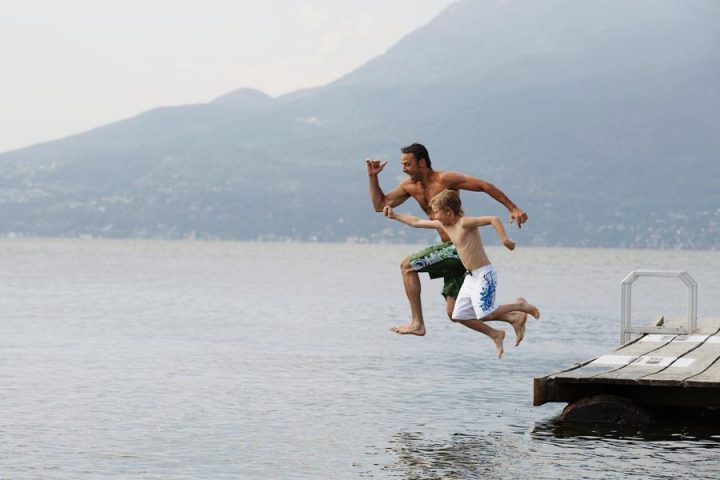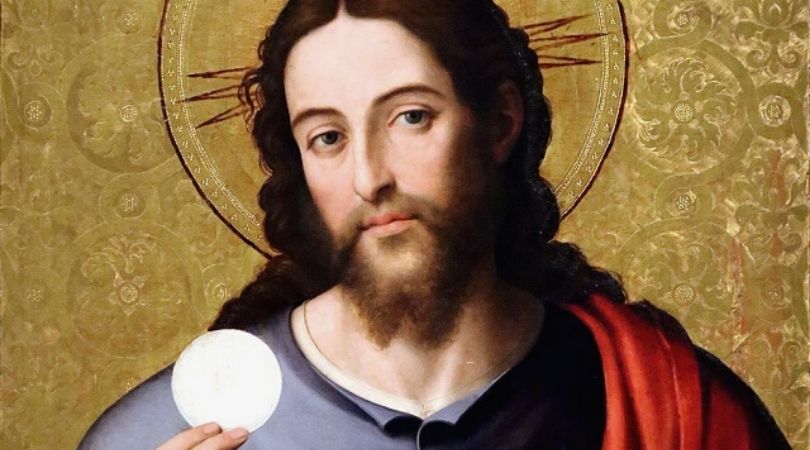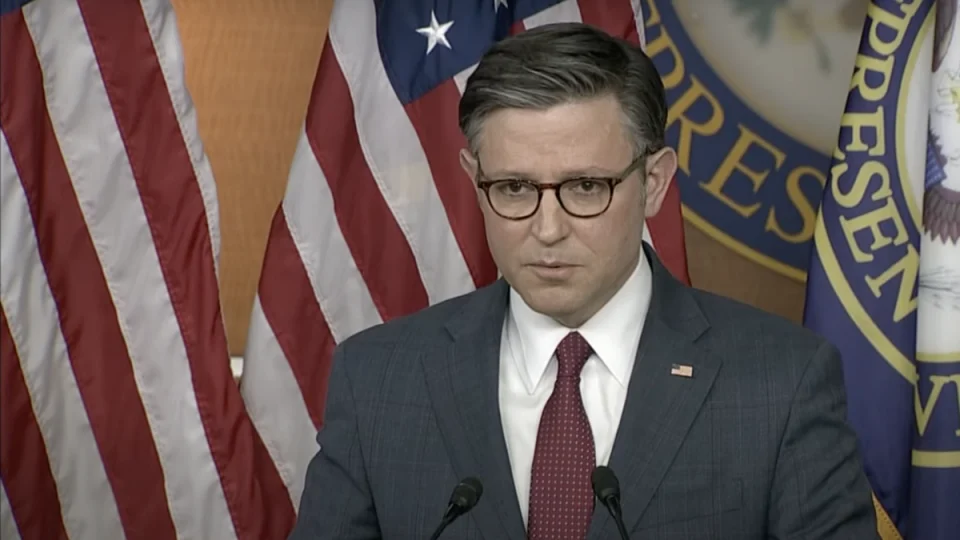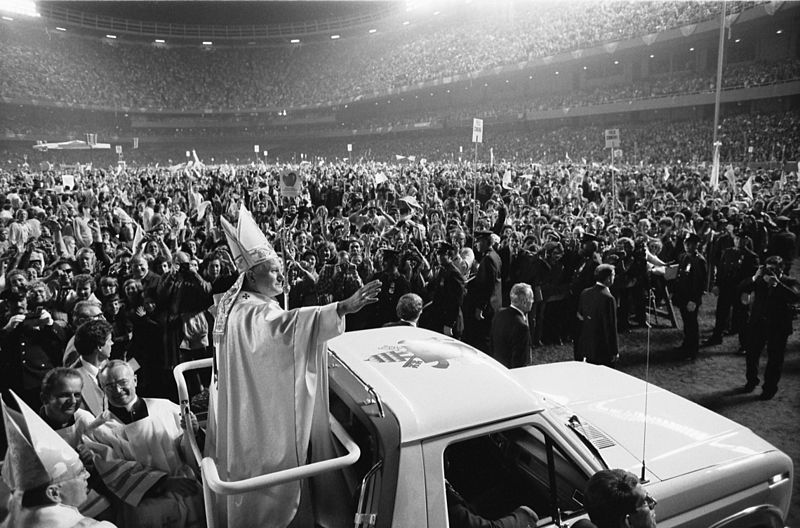Children Need Their Fathers. It’s That Simple

Pope, Cardinals Discuss Plans for ‘Healthy’ Decentralization of Church Authority
June 19, 2017
Decades of Blaming Violence on the Right
June 19, 2017
 David Mills, a Senior Editor of The Stream, June 19, 2017 – You want to upset a nice dinner party of good American liberals? Say this: “Fathers don’t mother and mothers don’t father.” Tell them that children need their fathers. Tell them that mothers need their children’s father. Add that single motherhood usually hurts the children. Then run for the door.
David Mills, a Senior Editor of The Stream, June 19, 2017 – You want to upset a nice dinner party of good American liberals? Say this: “Fathers don’t mother and mothers don’t father.” Tell them that children need their fathers. Tell them that mothers need their children’s father. Add that single motherhood usually hurts the children. Then run for the door.
Hollywood denies it. The Democratic Party denies it. The Republican party affirms it in theory but not so much in practice. The major newspapers and networks deny it. Your neighbors and friends may well deny it. People at your church may well deny it.
But it’s true, as scholars have been saying for years now. Liberal secular scholars. Take Kyle Pruett. He’s a clinical professor at Yale Medical School. He works at the heart of American secular liberalism. He’s the one who said, “Fathers don’t mother and mothers don’t father.”
Fathers, Mothers and Swimming
Interviewed a few years ago by the very secular leftist website Salon, he described some of the things fathers do differently from mothers. The first, which shouldn’t surprise anyone, is “roughhousing and other physical activity.” Others are
an interest in having children encounter the world outside of the mother’s enclosure, not in spite of it but in addition to it; the use of play as a form of teaching as well as entertainment; and a willingness to allow frustration to build a little bit more than a lot of mothers are comfortable with, in order to teach some life lessons.
All help children grow up well. Take the second one, helping children encounter the world. Fathers, reported leading sociologist W. Bradford Wilcox in The Atlantic, “are more likely to encourage their children to take risks, embrace challenges, and be independent, whereas mothers are more likely to focus on their children’s safety and emotional well-being.” Bradford runs the National Marriage Project at the University of Virginia. (He’s also the source of the link to the interview with Pruett.)
For example, fathers encourage their toddlers to go farther out into the pool when they’re learning to swim. A study of the way parents teach their children to swim found that “fathers tend to stand behind their children so the children face their social environment, whereas mothers tend to position themselves in front of their children, seeking to establish visual contact with the children.”
Mothers stand between their children and the deep, fathers tell them to start swimming, but — and here’s the important thing — they’re literally right behind them. Children need both. They need protective encouragement (that would be mom) and secure challenge (that would be dad).
And they need them, I’d add, till they’re grown. The teenager heading out to look for a job is a lot like the little child who needs to swim on his own. He needs his mom saying, “That’s okay,” and his dad saying, “Get your backside out there.”
What Fathers Do
Encouraging their kids to take chances is one of four things Wilcox said fathers do for their children better than mothers. In his article, he said that fathers also taught them through play, protected them from predators and other dangers of the wider world, and disciplined them more firmly.
Fathers, for example, play rougher with their children and get them more excited. They do more unpredictable things. Mothers play nicer. They play calmly. What difference does this make? Fathers, Wilcox explains, “play a uniquely physical role in teaching their sons and daughters how to handle their bodies and their emotions on and off the field.” In other words, they need dad’s roughhousing.
Looking at it another way, Wilcox notes that studies show children in intact two-parent families who have good relationships do better than others in measurable ways. Just being in a two-parent family doesn’t necessarily help children that much if they don’t get along with their father. Having dad at home isn’t a magic cure.
In fact, boys with poor relationships with their fathers are more likely to be delinquent than boys living only with their mothers. But boys with average relationships with their fathers are less likely to be delinquent and boys with good relationships are only half as likely.
The same is true for depression, but the difference there is even more marked. It’s true also for teenage pregnancy, with the difference that teenage daughters of single mothers get pregnant even more often than daughters with poor relationships with their fathers. They get pregnant way more often than girls with average or good relationships with their fathers.
Children Really Need Fathering
“Do children really need fathering?” the Salon interviewer asked Pruett. “The answer is yes,” he answered. Six-week-old infants “respond differently to their fathers than they do to their mothers. … You watch what happens to children who don’t have fathers or fathering and you see the hunger that they feel.”
Children, he continued, have an “inherent hunger” for what he called “the fathering experience.”
If children don’t have a biological father available, they look for fathering from the men in their lives, and often make a very strong bid towards someone that the mother will allow in their lives to get some fathering — that roughhousing and exposure to real world frustrations that they seem to be able to use in their lives.




